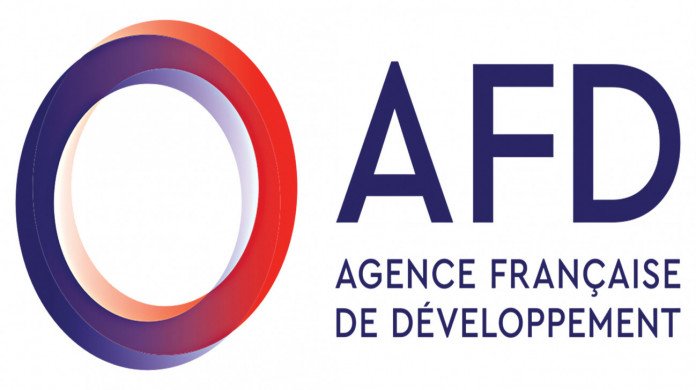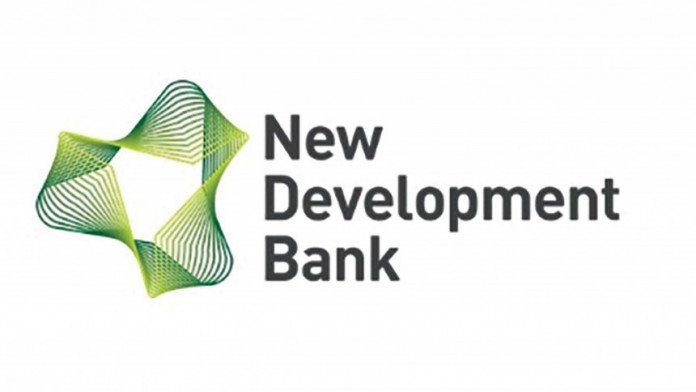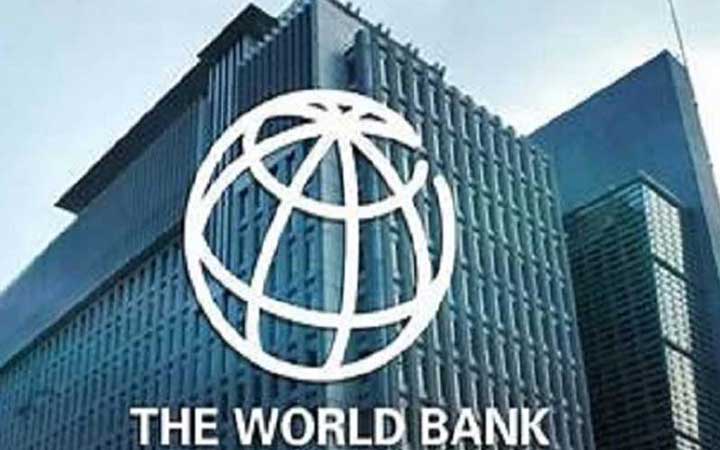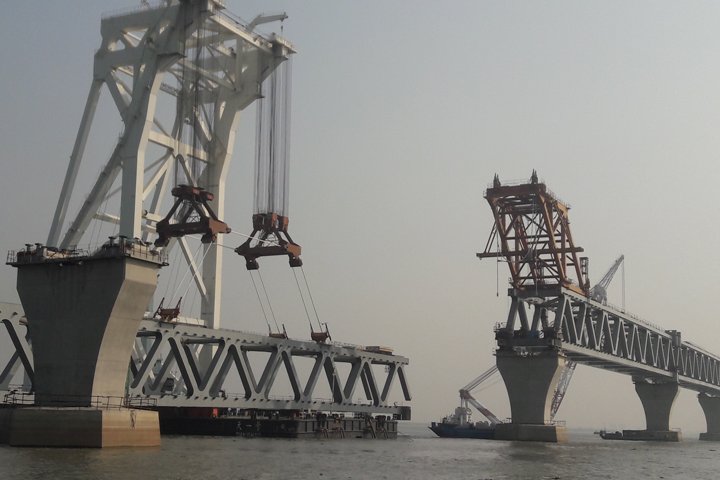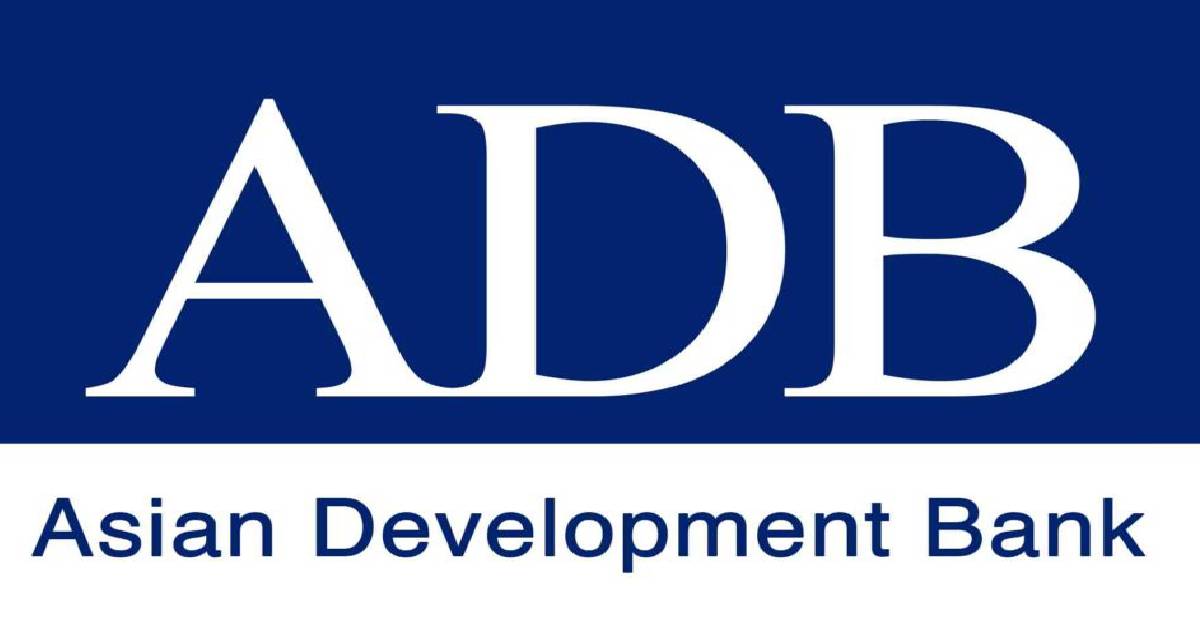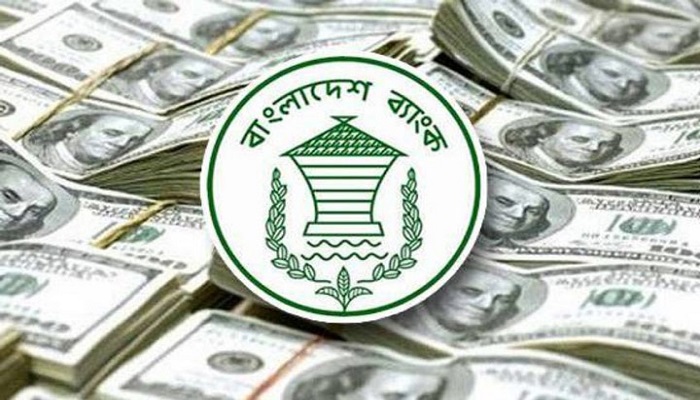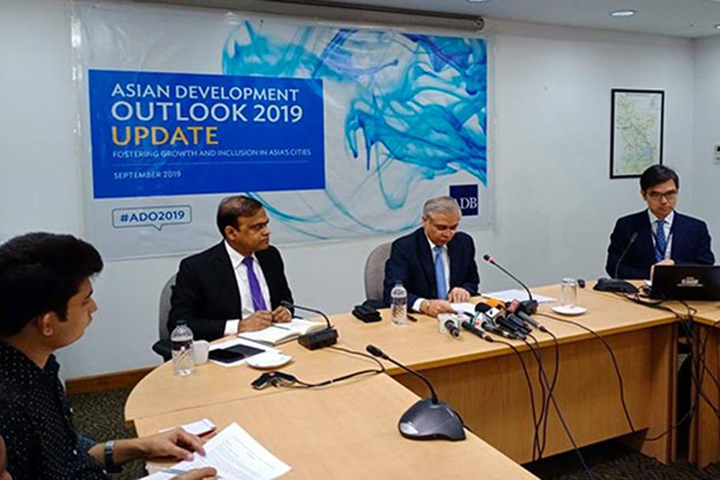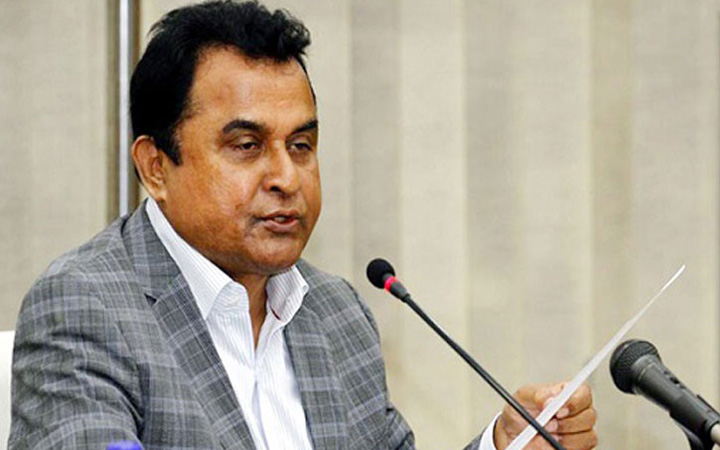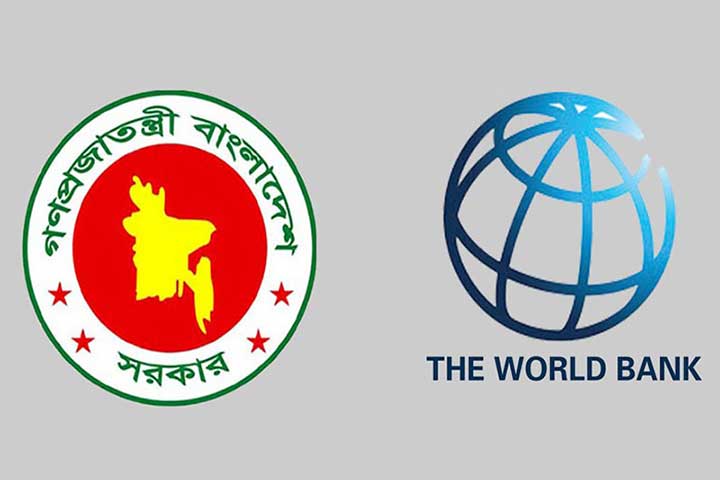The Development Agency of France will provide 330million Euro to Bangladesh to support its development projects.
As per two agreements, France will provide 330 million Euro to Bangladesh to support its development projects.
Of the €330 million, Agency France Development (AFD), a development bank and cooperation agency, will provide €200 million for budget support due to the Covid-19 pandemic and the rest €130 million for the Dhaka Environmentally Sustainable Water Supply Project, which is already under implementation.
Economic Relations Division (ERD) Secretary Fatima Yasmin and Director of Asia Department (AFD) Philippe Orliange signed the loan agreements on behalf of their respective sides in presence of Ambassador of Bangladesh to France Khondker M. Talha and Ambassador of France to Bangladesh Jean-Martin Schuh on Wednesday, said a press release.
With the €330 million, AFD's total support to Bangladesh exceeded €1 billion as it earlier provided €800 million.
The main objectives of these projects are to support in vaccination campaign and improve the living standard of the people of Dhaka, especially women and the most vulnerable populations, by increasing and ensuring the sustainability of drinking water production using surface water.
Source: BSS
AH
- Dhaka Thu, 09 MAY 2024,

 Live Tv
Live Tv

